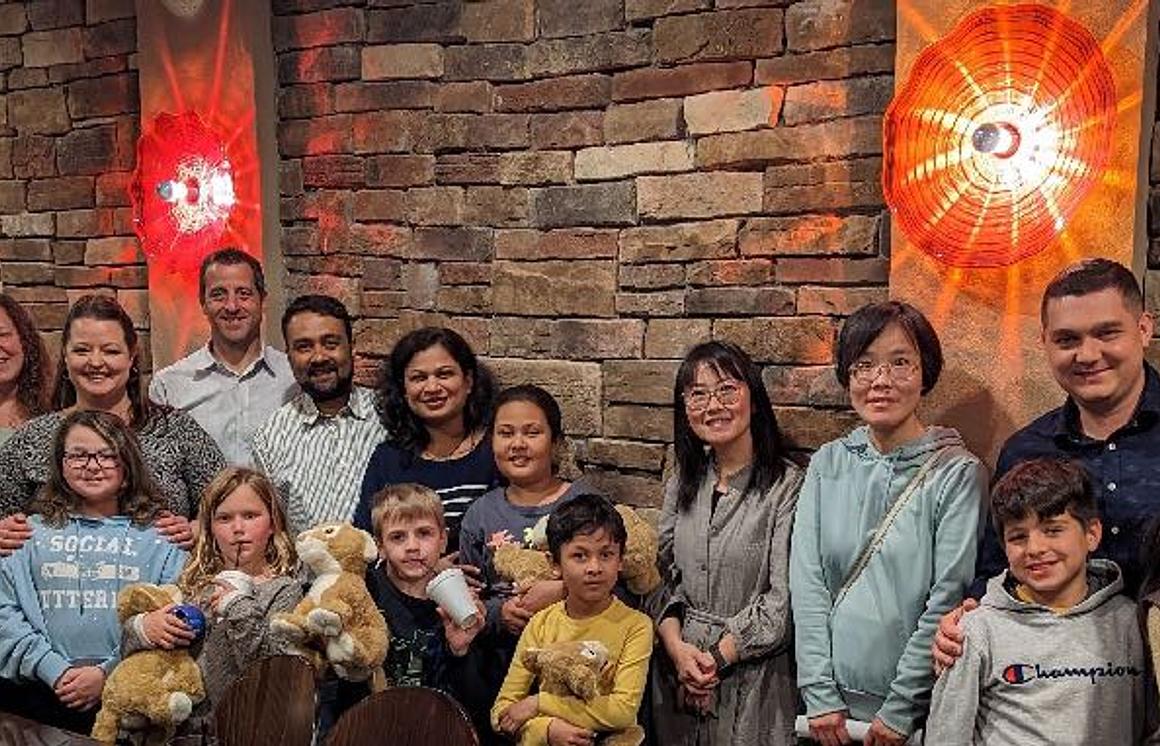We wanted to be deep listeners to our parents. It felt like our communication was one way and we didn’t want to be guessing what parents wanted out of engagement. We wanted to know how to build a two-way relationship, and further, wanted our innovation to build a collective feeling of purpose and in the right direction that is meaningful and helpful for the school.
Franklin Regional School District
Overview
4
260
3300
About the implementation
We enlisted The Mentoring Partnership of Pittsburgh to conduct six focus groups. Their work in connecting with students, parents and teachers was more meaningful than what our district had tried to date. A teacher focus group was conducted separate from the parent group. We sent out six different dates, three being virtual, and provided food and babysitting for the kids. The TMP facilitators used human centered design strategies to gather information from the participants and aggregated the data for us.
As noted by the school co-lead, “Even being asked if they [parents] were interested in joining the focus group had an impact. No one had asked before.” We had challenged ourselves as a team, “How do we capture real concerns in a way that people feel safe sharing. And in ways that they would know we would do something about them.” Our use of a third party sent the message that we really, really want to know what you think. Participants had the opportunity to speak freely.
Impact
“It made me feel like we are really going to make long-term progress. We weren’t just going to sit around and talk about it. It felt really hopeful,” said the team parent co-lead." The school co-lead agreed, “It gave me a sense of hope that we could actually accomplish something. It’s not the typical work we’re asked to do as a school district.”
Learning Journey
Location
Franklin Regional School District is a midsized, suburban public school district located in Murrysville, Pennsylvania. We serve Murrysville and the neighboring communities of Delmont and Export. The District encompasses approximately 38 square miles.





